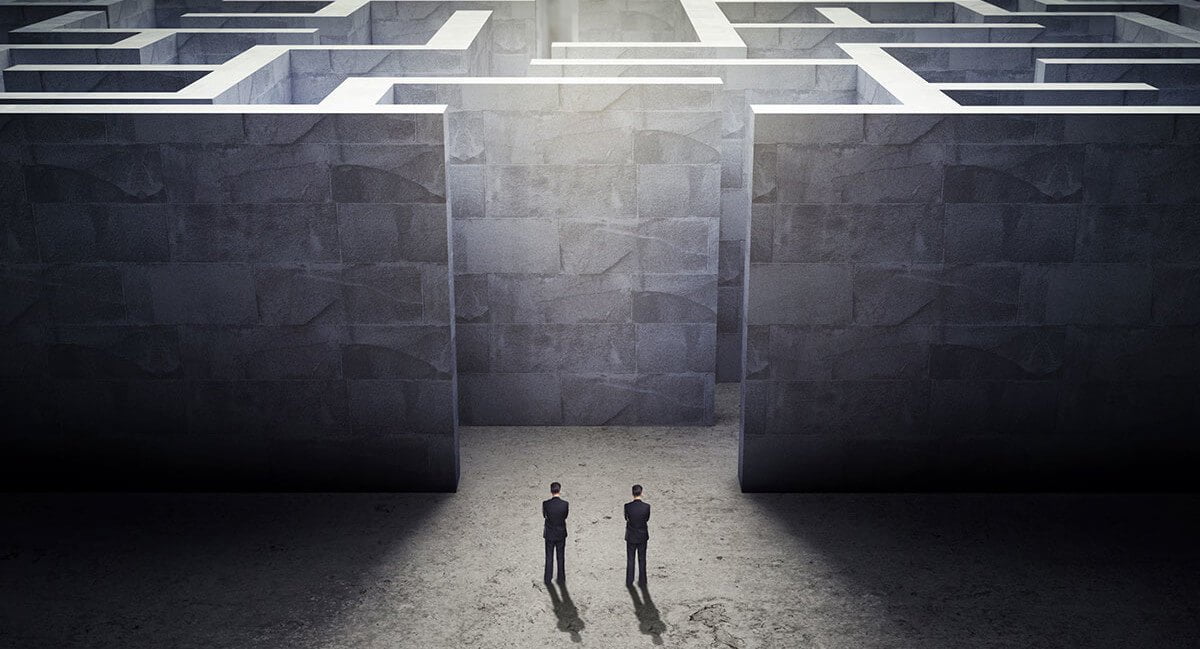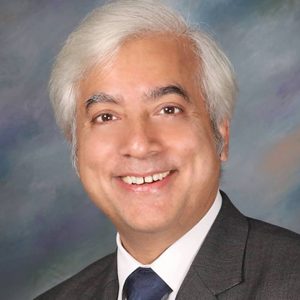In June 1992, a twelve-year-old Canadian school girl, Severn Cullis-Suzuki, who had founded the Environmental Children’s Organization, spoke passionately to the delegates of the United Nations Conference on Environment and Development (the UN Earth Summit at Rio). With innocence and emphasis that comes from being idealistic, she urged the delegates to pay attention to the deteriorating state of our fragile planet, and take immediate and collective action to arrest the wanton destruction of our earth’s eco-systems in the name of development. This young girl said that she was speaking on behalf of all future generations of children, and reminded everyone present that not only were they representatives of their respective nations, they were also the sons and daughters of other humans, and therefore had every reason to empathize with her appeal.
As one will expect, the young girl’s speech is greatly appreciate at the Summit, and all the 172 Government representatives in the audience, without exception, gave her a loud and thunderous ovation. (Severn who lives in Vancouver, continues her impactful work as a crusader for Mother Earth).
The terms ‘Sustainability’ and ‘Sustainable Development’ have become a part of the prevailing discourse for over four decades, especially in the context of human development. These terms acquired a new urgency after 1987, when the UNO’s World Commission on Environment and Development (WCED) released its path-breaking report entitled, “Our Common Future”. It was this report – released by the Chair of the WECD, Ms. Gro Harlem Brundtland – which suggested that sustainable development alone would enable meeting the [resource] needs of the present, without compromising the ability of future generations to meet their own needs.
What this report also highlighted was that human activity, with its conscious emphasis on improving people’s lot – and the concomitant exploitation of natural resources, hydrocarbons and the growing demand for food grains and fodder – could no longer be viewed as being independent of, or unconnected with, its myriad impacts on the environment. In fact, human life and its quality too depended on a wholesome environment.
Therefore, anything is done by humans within our planet’s diverse eco-systems intrinsically inter-connect; and whatever humans do, does have an adverse impact on the environment and the flora and fauna. Humanity impacted as well. It is a vicious cycle that has to be broken.
Improving the way people across the globe live, can, therefore, manifest only through a deep, abiding and collective concern for the environment, the way we use natural resources and energy, and not losing sight of the non-material things that keep us joyful and satisfied. In short, we have to consciously train ourselves to become life-affirming agents of beneficial change.
Businesses counted as being among the larger drivers of beneficial economic and social change. At the same time, enterprises are also among the biggest users of natural resources – ranging from fossil fuels to timber, as well as freshwater and minerals. In the process of using our planet’s treasures, businesses have a major impact on the environment. Since all eco-systems connected, and since humans need the environment to live, businesses have to be at the forefront of working sustainably, and in ways that are life-affirming. Ethical and responsible business-leaders will have to consistently provide evidence to society to demonstrate that their enterprises are truly life-affirming.
The challenge of business-leaders is to run-their enterprises in ways, uphold and inter-twine the four-fundamental, life-affirming pillars of sustainable development. These are:
- Environmental sustainability
- Social Justice, which prevents discrimination; depriving some people or nations of their rights to use natural resources or the fruits of industry, equitably,
- Spiritual well-being, or focusing on those important “inner needs” of human life that go beyond the material. Needs such as love, compassion, freedom, forgiveness, dignity, safety and security, and
- The Economic well-being of all stakeholders, not just the shareholders of the enterprise.
To ensure that there is the convergence of the four pillars, even as a business pursues its goals. The organization needs to take into account its overall impact on the environment, society, and communities. It then needs to commit to system of governance that ensures that the right culture and key-processes are firmly in-place. It also yields appropriate mitigating decisions and actions. When potential-adverse impacts-mapped, and firm consciously chooses to create-processes that balance aspiration of its diverse-stakeholders in a life-affirming manner. Many such negative aspects eliminated or reduced significantly.
The goal of sustainable development, therefore, cannot be equated with mere economic development. Instead, all of its four elements have to be ‘designed into’ the organizational processes; and the most influential leaders within the enterprise have to constantly give life-affirming business primacy of attention; and lead by action, while consistently ‘walking the sustainability talk’.

